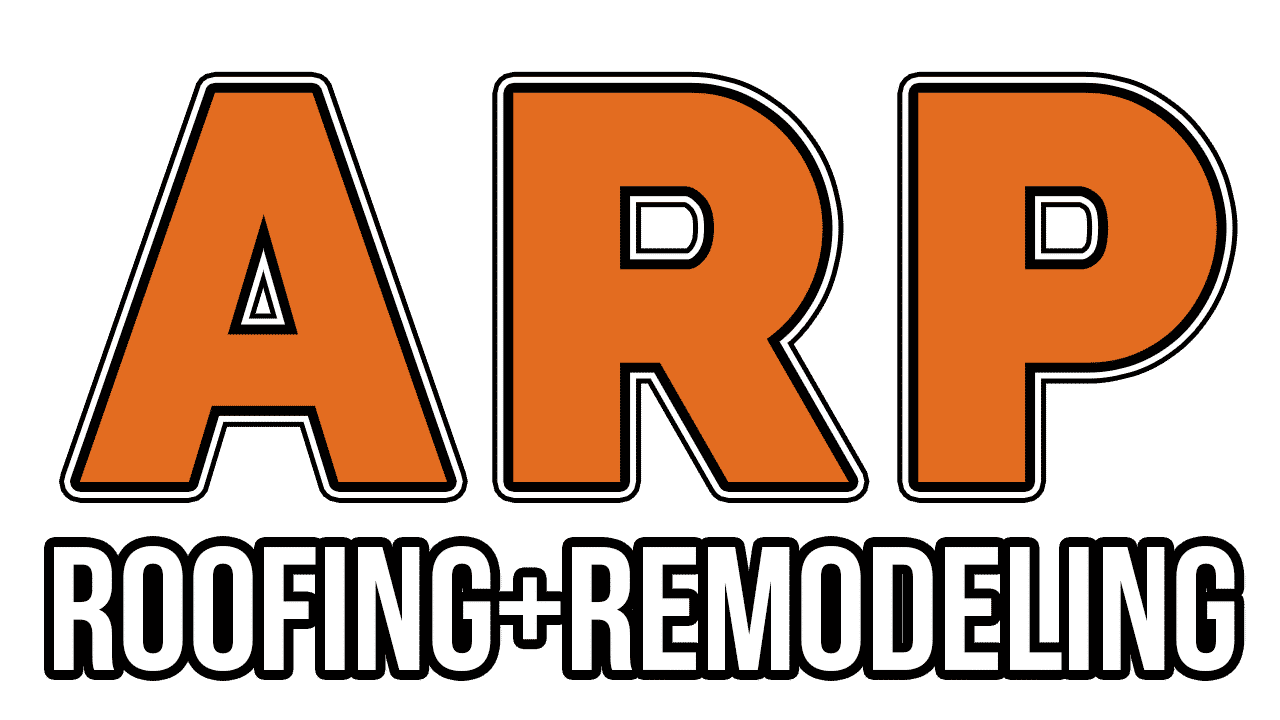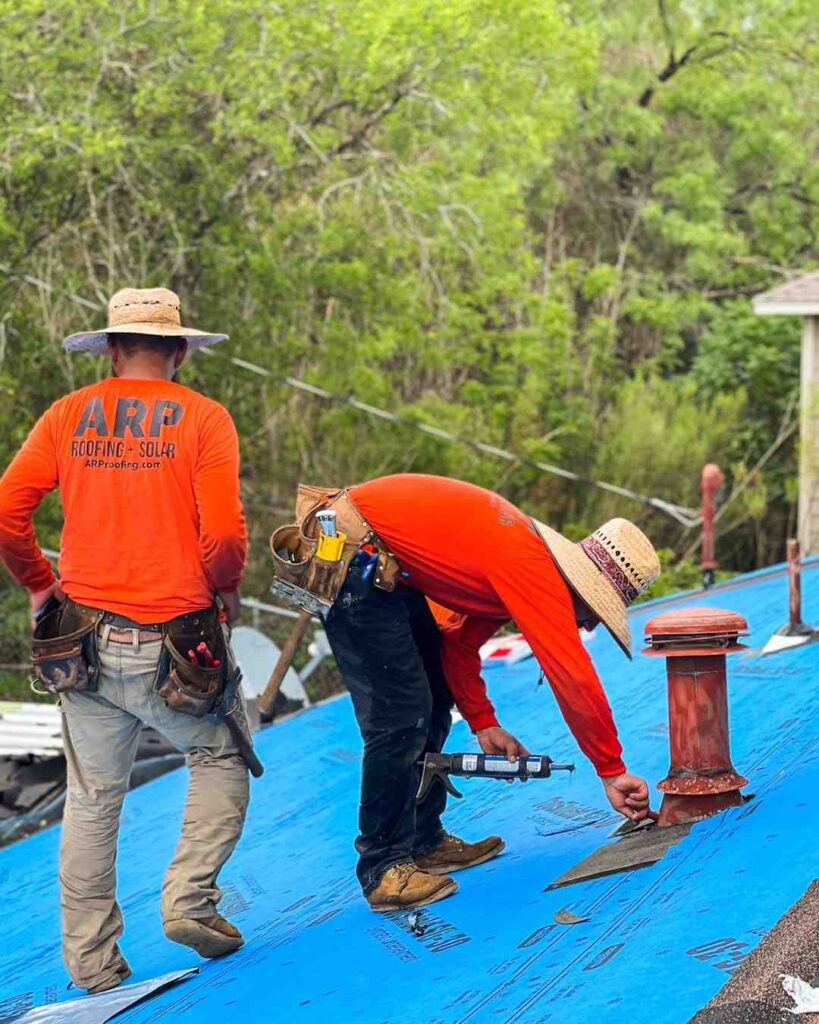Affordable Roofing Contractors: 10 Best Trusted Tips 2024
Why Affordable Roofing Contractors are Important
When it comes to maintaining your home’s integrity, hiring affordable roofing contractors is essential. Reliable contractors can help prolong your roof’s lifespan, prevent expensive repairs down the road, and ensure that you’re not overcharged.
Here’s a quick checklist for finding affordable roofing contractors:
1. Get Multiple Quotes – Compare prices to find the best deal.
2. Verify Licensing and Insurance – Ensure they are legally allowed to work.
3. Look for Experience and Reputation – Check customer reviews.
4. Ask About Discounts and Specials – Look for any available offers.
5. Time Your Project Right – Off-season work might be cheaper.
6. Consider Used or Reclaimed Materials – Reduce your costs.
7. Explore Government or Utility Rebates – Use available incentives.
8. Be Flexible on Project Timeline – Align with contractors’ slower months.
My name is Preston Williams, owner and co-founder of ARP Roofing. With experience in affordable roofing contractors, I’ve helped countless homeowners find top-quality yet budget-friendly roofing solutions. My commitment is to ensure you get the best value without compromising quality.
In the sections that follow, we’ll dive into how you can find a contractor who is both affordable and trustworthy. Let’s get started!
Steps to Find Affordable Roofing Contractors
Get Multiple Quotes
The first step in finding affordable roofing contractors is to get multiple quotes. Reach out to at least two or three reputable companies. Detailed written quotes will give you a clear picture of what each contractor is offering. This way, you can compare prices and services to find the most competitive option.
Verify Licensing and Insurance
Always ensure the contractors you consider are both licensed and insured. This is crucial to avoid shoddy work and potential legal issues. Licensed contractors are legally authorized to perform roofing work in your area, and insurance protects you in case of accidents or damages during the project.
Look for Experience and Reputation
Experience matters. Contractors with years of experience are more likely to deliver quality work. Check customer reviews and ask for references to gauge their reputation. Reputable companies often have a track record of satisfied clients and successful projects.
Ask About Discounts and Specials
Don’t hesitate to ask about discounts or special offers. Some contractors provide discounts for seniors, military personnel, first-time customers, or those who pay in cash. Negotiating can also help you get a better deal.
Time Your Project Right
Timing can significantly affect the cost of your roofing project. Roofing jobs are generally less expensive during the off-season, typically in the fall or winter. Contractors have more availability during these times and may offer lower rates.
Explore Government or Utility Rebates
Check if there are any government or utility rebates available for roof replacements or upgrades in your area. Tax credits and rebates can significantly lower your overall expenses.
Be Flexible on Project Timeline
Flexibility with your project timeline can save you money. Scheduling your roof work during a contractor’s slower months may result in better rates. Contractors are often willing to offer discounts to keep their crews busy during these periods.
In the next section, we will discuss common roofing scams and how to avoid them to ensure you’re working with a trustworthy contractor.
Common Roofing Scams and How to Avoid Them
When it comes to roofing, it’s crucial to be aware of potential scams. Unscrupulous individuals can take advantage of homeowners, especially after storms. Here’s how to recognize and avoid common roofing scams.
Recognize Red Flags
Scammers Posing as Contractors
Some scammers pose as legitimate contractors, especially after a storm when homeowners are desperate for repairs. They might knock on your door, offering quick fixes at too-good-to-be-true prices. Always be cautious of unsolicited offers.
False Promises
Beware of contractors who make grand promises but can’t back them up. They might claim to complete the work faster or cheaper than anyone else. If it sounds too good to be true, it probably is.
Storm-Damaged Roof Scams
After severe weather, some scammers prey on vulnerable homeowners. They might claim your roof is damaged when it’s not, or exaggerate the extent of the damage. Always get a second opinion before agreeing to any repairs.
Verify Contractor Credentials
Unlicensed Contractors
One major red flag is a contractor without a license. Licensed contractors have met state requirements and are more likely to follow regulations and standards. Always ask for proof of licensing.
Upfront Payment Demands
Be wary of contractors who demand full payment upfront. It’s standard to pay a deposit, but the bulk of the payment should be made after the work is completed to your satisfaction.
Lack of Written Contracts
Never agree to any roofing project without a written contract. A reputable contractor will provide a detailed contract outlining the scope of work, materials, timeline, and costs. Avoid anyone who relies on verbal agreements.
Use Trusted Sources
Check Licenses, Insurance, and Customer References
Always verify a contractor’s credentials. Check their license and insurance to ensure they are valid and up-to-date. Ask for customer references and follow up with past clients to gauge their satisfaction.
Recommendations from Neighbors
Word of mouth is powerful. Ask your neighbors if they can recommend any trusted roofing contractors. Personal experiences can provide valuable insights into a contractor’s reliability.
Online Reviews
Look for online reviews on platforms like Google or the Better Business Bureau. Consistent positive feedback is a good indicator of a reputable contractor. Conversely, a pattern of negative reviews is a red flag.
Reputable Companies
Stick with well-known, reputable companies. They are more likely to have a track record of quality work and satisfied customers. A company with a good reputation has more to lose by engaging in dishonest practices.
In the next section, we will explore affordable roofing materials and how to balance cost and durability for your roofing project.
Affordable Roofing Materials
When choosing roofing materials, balancing affordability and durability is essential. Here, we’ll explore some of the best cheap roofing materials and discuss their pros and cons.
Types of Affordable Roofing Materials
- Asphalt Shingles
- Metal Roofs
- Rolled Roofing
- Used or Reclaimed Materials
Pros and Cons of Each Material
Asphalt Shingles
Pros:
– Affordability: Asphalt shingles are among the most budget-friendly options, costing about $1 to $2 per square foot.
– Variety: Available in various colors and styles, they can match any home aesthetic.
– Ease of Installation: Simple to install, which can lower labor costs.
Cons:
– Durability: Lifespan ranges from 15 to 30 years, shorter than some other materials.
– Weather Resistance: Less resistant to extreme weather conditions compared to metal or tile roofs.
Metal Roofs
Pros:
– Durability: Metal roofs can last between 40 to 70 years.
– Fire Resistance: Excellent fire resistance, making them a safe option.
– Energy Efficiency: Reflects heat, potentially reducing energy bills during hot summers.
Cons:
– Cost: Slightly more expensive than asphalt, costing $1 to $2.50 per square foot.
– Installation Complexity: Requires professional installation due to the weight and handling risks.
Rolled Roofing
Pros:
– Cost: The most affordable option at around $0.50 per square foot.
– Quick Installation: Easy to install, which can save on labor costs.
Cons:
– Durability: Not suitable for residential homes due to its lower lifespan and durability.
– Aesthetic Appeal: Limited in style and color options, often used for sheds or garages.
Used or Reclaimed Materials
Pros:
– Cost Savings: Significantly reduces material costs.
– Environmental Impact: Eco-friendly option by reusing materials.
Cons:
– Availability: May not always be available, and the quality can vary.
– Durability: Lifespan depends on the condition of the reclaimed materials.
Balancing Affordability and Durability
When selecting roofing materials, it’s crucial to consider both initial costs and long-term benefits. While asphalt shingles offer a balance of cost and ease of installation, metal roofs provide superior durability and energy efficiency. Rolled roofing is an ultra-budget option but is best for non-residential structures. Used or reclaimed materials can offer significant savings but require careful selection to ensure quality.
In the next section, we will discuss financing options for roofing projects to help you manage costs effectively.
Financing Options for Roofing Projects
Paying for a new roof can be a significant expense, but there are various financing options available to help manage the costs. Let’s explore some of these options, including contractor financing and government-insured loans.
Contractor Financing
Many roofing contractors offer flexible payment options to help you spread out the cost of your roofing project. ARP Roofing & Remodeling, for instance, provides several financing plans:
- Up to 100% Financing with No Money Down: This option allows you to finance the entire project with no upfront payment, making it easier to start your roofing project immediately.
- Long-Term Financing Options: Plans that stretch up to 15 years can make monthly payments more manageable.
- Short-Term Financing Options: If you prefer to pay off the loan quickly, short-term plans are also available.
Contractor financing can be a convenient and budget-friendly way to get your roof repaired or replaced without straining your finances.
Government-Insured Loans
Government-insured loans are another excellent option for financing your roofing project. These loans often come with favorable terms and lower interest rates, making them accessible for many homeowners.
FHA Title I Loans
The FHA Title I loan program allows homeowners to borrow up to $25,000 for home improvements, including roofing. These loans are insured by the Federal Housing Administration (FHA), which means they come with lower interest rates and longer repayment terms.
VA Loans
If you are a veteran or an active-duty service member, you may qualify for a VA loan. These loans are guaranteed by the Department of Veterans Affairs and offer competitive interest rates and flexible repayment terms. They can be used for various home improvement projects, including roof repairs and replacements.
USDA Loans
For homeowners in rural areas, the USDA loan program offers another financing option. These loans are backed by the U.S. Department of Agriculture and are designed to help low- to moderate-income families improve their homes. USDA loans can cover up to 100% of the project cost, often with no down payment required.
Home Equity Loans and Lines of Credit
Using your home’s equity can also be a smart way to finance your roofing project. Here are two common options:
- Home Equity Loan: This is a lump-sum loan that you repay over a fixed term, usually with a fixed interest rate. It’s ideal for large projects like a new roof.
- Home Equity Line of Credit (HELOC): This option works like a credit card, allowing you to borrow as needed up to a certain limit. HELOCs often have variable interest rates and can be a flexible way to finance ongoing projects.
Cash-Out Refinance
A cash-out refinance involves refinancing your existing mortgage for more than you owe and taking the difference in cash. This option can provide a substantial amount of money for your roofing project, often at a lower interest rate than other types of loans.
Balancing Costs and Benefits
When choosing a financing option, consider both the immediate costs and long-term benefits. Contractor financing offers convenience and flexibility, while government-insured loans often provide lower interest rates. Home equity loans and HELOCs are good options if you have significant equity in your home. Cash-out refinance can offer a large sum of money at a potentially lower interest rate.
In the next section, we will answer some frequently asked questions about affordable roofing contractors to help you make informed decisions.
Frequently Asked Questions about Affordable Roofing Contractors
How can I find affordable roofing contractors near me?
Finding affordable roofing contractors near you involves a few strategic steps:
- Get Multiple Quotes: Contact at least 3-4 reputable roofing companies in your area. Request detailed written quotes to compare prices and services. This helps identify competitive options.
- Check Licensing and Insurance: Ensure the contractors are licensed and insured. This protects you from potential liabilities and ensures quality work.
- Look for Discounts: Ask about any available discounts. Some contractors offer discounts for seniors, military personnel, or first-time customers. Don’t hesitate to negotiate.
- Read Reviews: Look at customer reviews and ratings on platforms like Google and Yelp. Word-of-mouth recommendations from neighbors or your Homeowners Association (HOA) can also be invaluable.
- Timing: Schedule your roofing project during the off-season (fall or winter) when contractors are less busy. This can often result in lower prices.
What should I look for in a roofing contractor’s quote?
When reviewing a roofing contractor’s quote, pay attention to the following:
- Detailed Scope of Work: The quote should clearly outline what work will be done, including materials and labor.
- Material Specifications: Ensure the quote specifies the types of materials to be used. This includes the brand, type, and quality of shingles or other roofing materials.
- Cost Breakdown: Look for a detailed breakdown of costs, including materials, labor, permits, and any additional fees.
- Timeline: The quote should include an estimated start and completion date. Be aware of potential delays, especially due to weather.
- Warranty Information: Check for warranties on both materials and labor. Reputable contractors usually offer solid warranties to back their work.
- Payment Terms: Understand the payment schedule. Be cautious of contractors asking for a large upfront payment. A common practice is to pay a portion upfront and the rest upon completion.
- Insurance and Licensing: Verify that the contractor’s insurance and licensing details are included in the quote.
Are there any financing options available for roofing projects?
Yes, several financing options can help you manage the cost of your roofing project:
- Contractor Financing: Many contractors offer financing plans that allow you to spread out the cost. For example, ARP Roofing & Remodeling provides options like no-money-down financing and long-term plans up to 15 years.
- Government-Insured Loans: Programs like FHA Title I loans, VA loans, and USDA loans offer favorable terms and lower interest rates. These are especially beneficial if you meet specific eligibility criteria.
- Home Equity Loans and Lines of Credit: Using your home’s equity can be a smart way to finance a roofing project. Options include home equity loans (lump-sum loans with fixed terms) and HELOCs (flexible credit lines).
- Cash-Out Refinance: This involves refinancing your existing mortgage for more than you owe and taking the difference in cash. It can provide substantial funds at a potentially lower interest rate.
- Personal Loans: These are unsecured loans that can be used for home improvements. They typically come with fixed interest rates and terms ranging from one to seven years.
Choosing the right financing option depends on your financial situation, credit score, and the total cost of the project. Always compare the terms and interest rates to find the most cost-effective solution.
In the next section, we will dig into common roofing scams and how to avoid them to ensure you hire a trusted contractor.
Conclusion
Choosing the right roofing contractor is crucial. It can save you money and ensure your roof lasts for years.
Key Points to Remember:
- Get Multiple Quotes: Always compare detailed written quotes from at least 3-4 contractors.
- Verify Licensing and Insurance: Make sure your contractor is licensed and insured to avoid potential liabilities.
- Look for Discounts: Ask about available discounts for seniors, military personnel, or first-time customers.
- Check Reviews: Read customer reviews and get recommendations from trusted sources.
- Time Your Project: Schedule during off-season months for potential cost savings.
Importance of Research:
Doing your homework is essential. It helps you find affordable roofing contractors who are also trustworthy. Check licenses, read reviews, and compare quotes. This diligence pays off by ensuring you get quality work at a fair price.
ARP Roofing & Remodeling:
At ARP Roofing & Remodeling, we take pride in providing top-notch service. We offer a range of roofing services, from inspections to full replacements. Our team is experienced, licensed, and insured. We also help with financing options to make your roofing project more affordable.
Contact Us:
If you need a reliable and affordable roofing contractor, don’t hesitate to reach out. Visit our Roof Replacement Services page for more information or to schedule a consultation. We’re here to help you protect your home and ensure your roof is in top shape.
Thank you for considering ARP Roofing & Remodeling for your roofing needs. We look forward to working with you!





